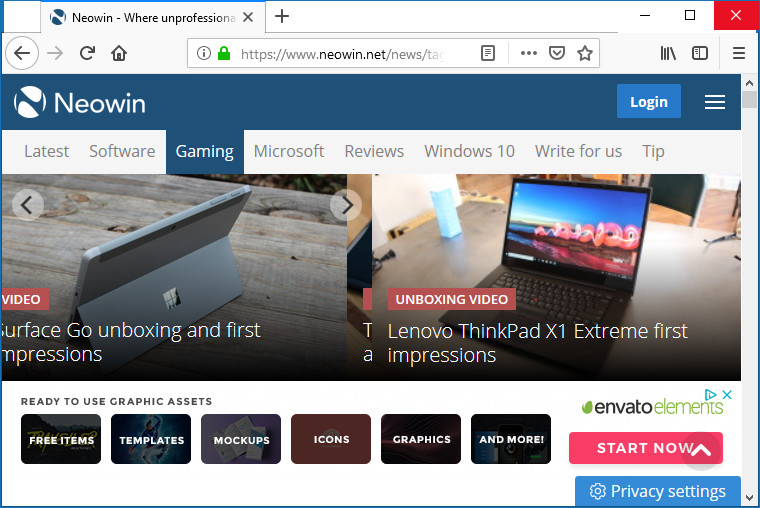
If you are still not convinced enough to switch to the Firefox browser, you need to read its features. From managing different user profiles to syncing content across devices, all things are possible with the Firefox browser. The last and essential thing is Firefox can do everything that Chrome does. Some of the extensions were so good that they would never want to ditch the firefox browser. Chrome has more extensions, but Firefox has several unique ones.

Just like Google Chrome, Firefox also boasts a wide range of extensions. So, if you are someone who really cares about privacy, you should start using Mozilla Firefox. Also, it offers you a separate section to maximize your online privacy. According to the few test results, the Firefox Quantum web browser ran twice as fast as the previous version of Firefox while requiring 30% less RAM than chrome.įirefox is actually faster and leaner than Chrome, and it’s a browser that cares about your privacy. Things have changed considerably for Mozilla after Firefox 57, also known as Firefox Quantum. If you're going to stick it to the man and avoid the Chromium browser engine, then supporting Firefox is a no-brainer.As of now, Mozilla Firefox seems to be the biggest contender of Google Chrome. One group particularly well served by the rapid release cycle have been developers, and a plethora of tools from Javascript Scratchpad (from Firefox 6) to full-blown Developer Toolbar (from Firefox 16) have worked their way into successive builds as Firefox courts this important community of users.Īnd underpinning this all are a constantly evolving set of performance improvements, standards support (HTML5 and CSS3 are constantly being added to, for instance) and bug fixes. We also saw the launch of specific development branches including UX, which has led to the new Australis user interface, which sees a streamlined tab, revamped menu and customisation features.

Some of the landmark new features we’ve seen include a per-site Permissions Manager, enhanced Sync options, tabs on demand, silent updates and add-on enhancements.

It’s true to say that individual updates often fail to deliver anything substantial, but cumulatively they roll together to produce a web browser that is radically different to the one – version 4 – that marked the start of a new era back in 2011. Not everyone gets by with the default browser on their computer, and when it comes to picking an alternative, Firefox is one of the most popular out there, having clawed back support from upstart rivals like Google Chrome and Opera in recent years by switching to a rapid release cycle, ensuring major new versions of the browser are released every six weeks.


 0 kommentar(er)
0 kommentar(er)
